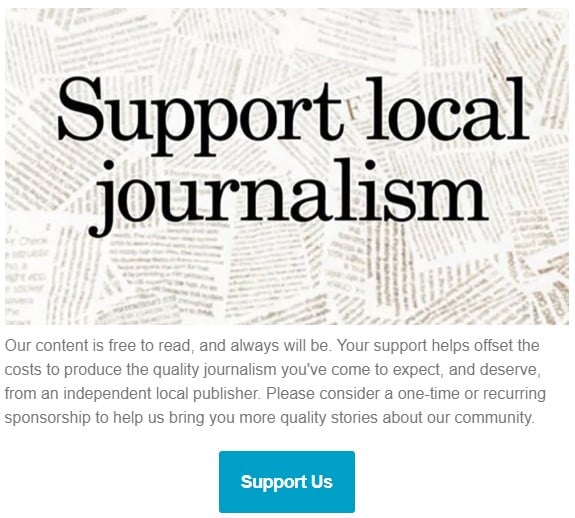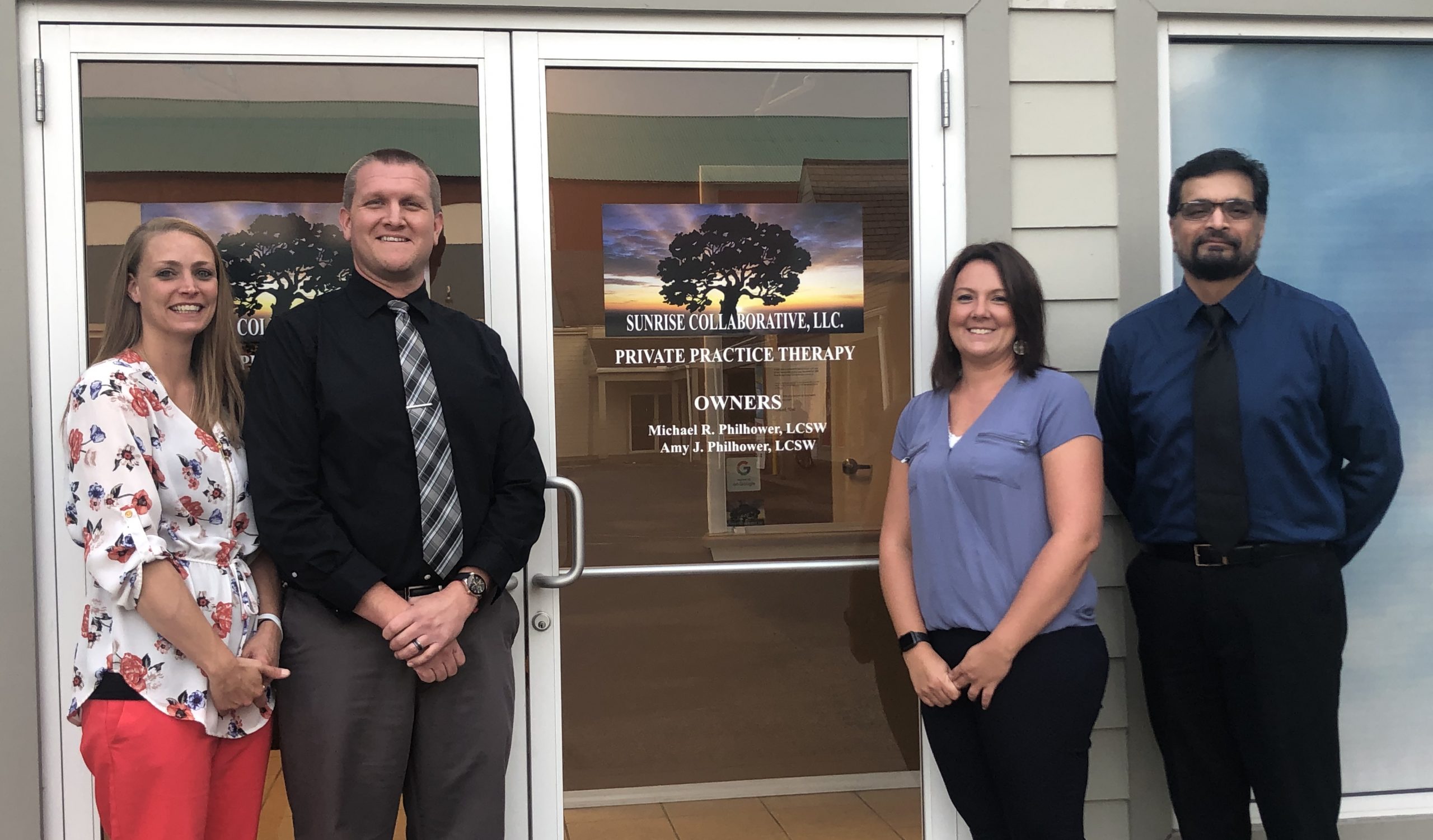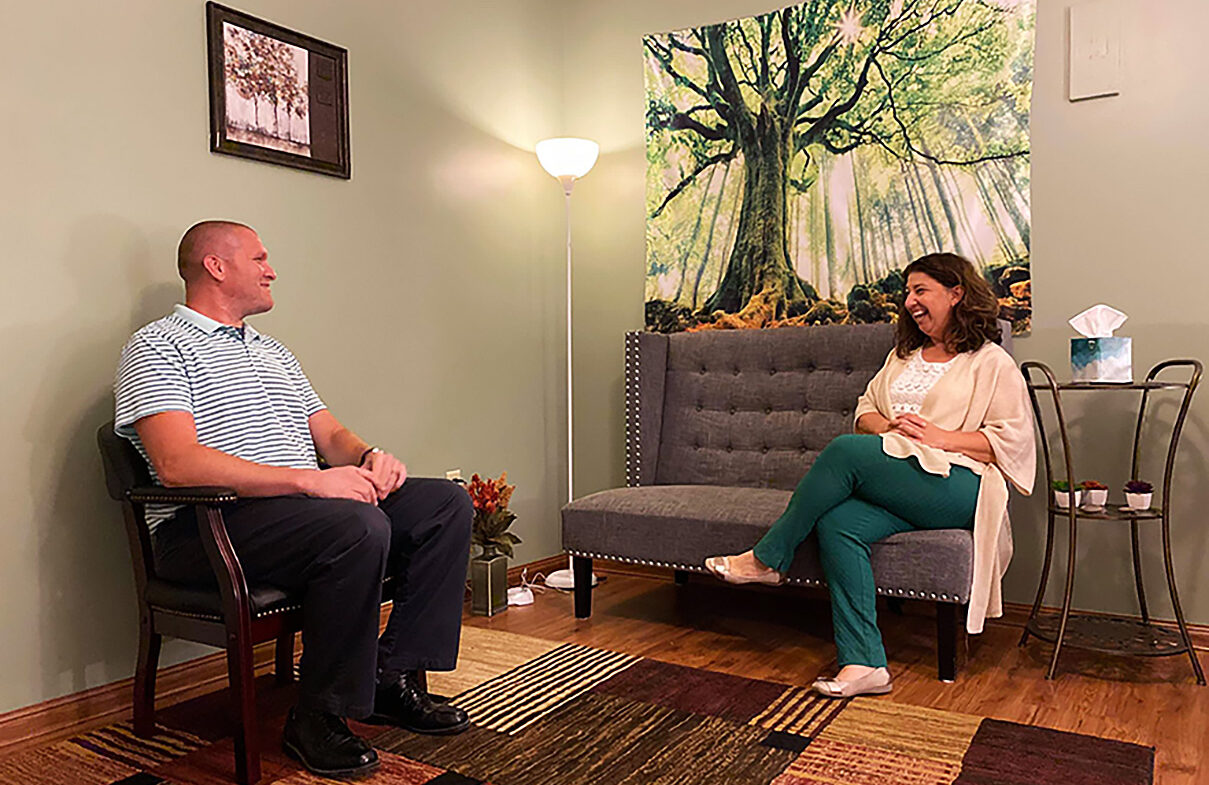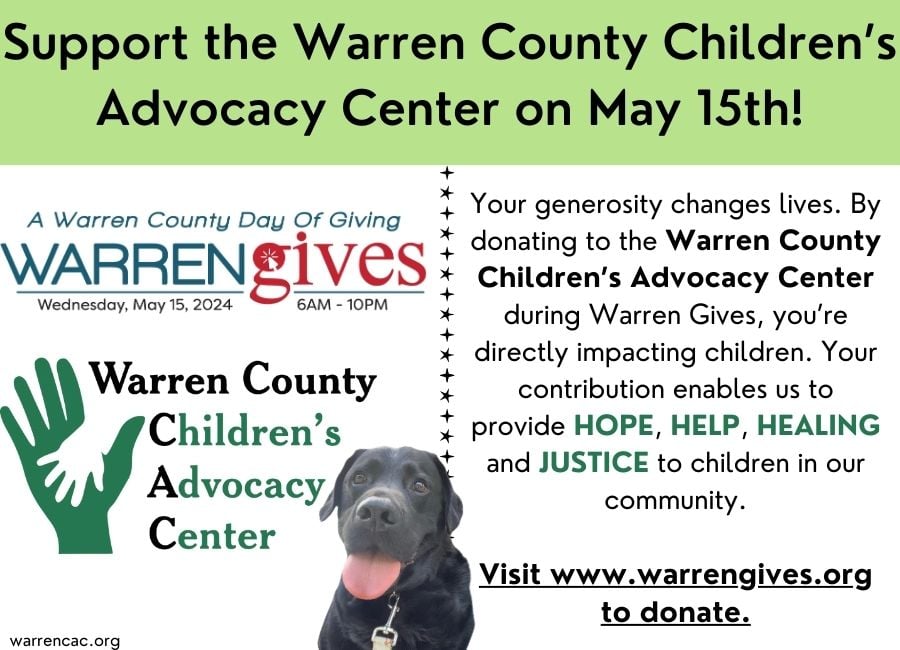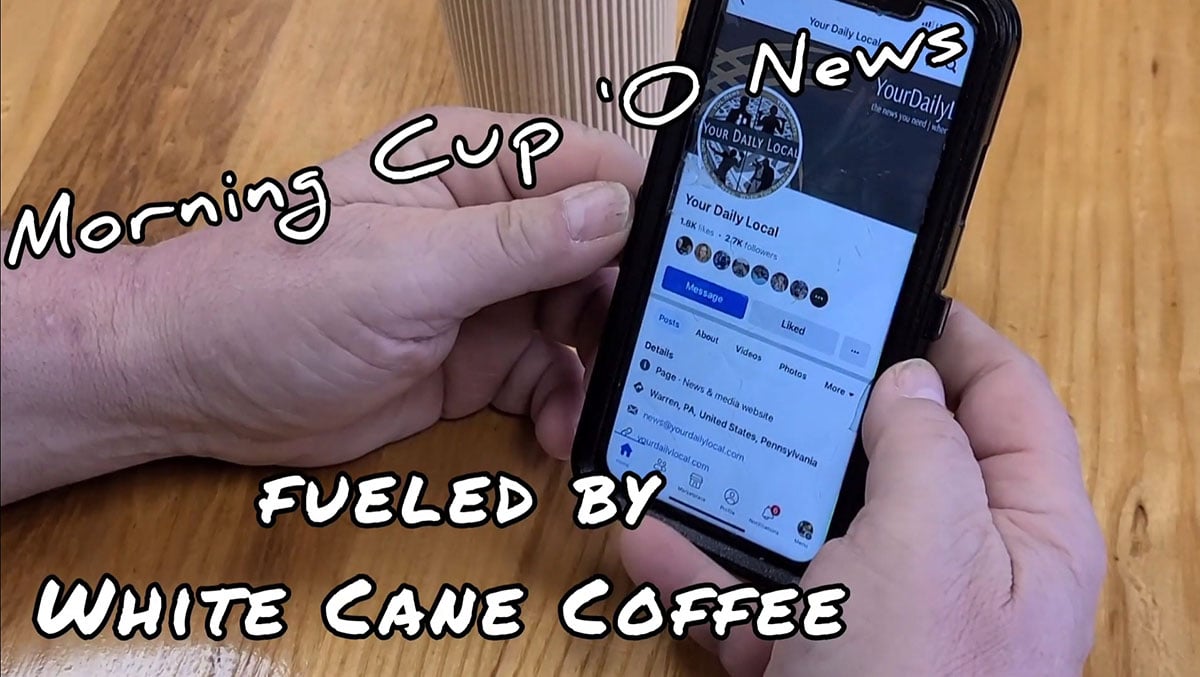I’m really tired of the “it’s okay to not be okay” rhetoric.
Okay, that’s not accurate.
It’s not the rhetoric I have a gripe with. It’s the fan club. It’s the people who say it, because it sounds intense and profound, and because they don’t know what else to say, but they feel this manic compulsion to say something.
Anything.
To respond.
Billboards that say “it’s okay to not be okay” are such a lame waste of money. It’s too catchy. You know what happens when things are catchy?
Of course you do. You’re in the middle of a pandemic.
When things are catchy, people catch them. If the catchy thing is a virus that’s terrible. If it’s a fancy catchphrase about mental health?
I feel like those viral little turds are worse than actual, literal viruses.
Here’s the thing: when something is catchy, people don’t just catch it. They never just hang on to it. They’re compelled to spread it around. Facades of wisdom come in all kinds of flavors.
“It’s okay to not be okay.”
“A rolling stone gathers no moss.”
“These jeans are as tight as my college beer budget.”
That last thing may not be a real viral catchphrase. It may just be something I mutter to myself as I try to put on pants in the morning.
It’s fine.
Look, so we’re clear, it is, in fact, okay to not be okay.
It’s completely fine.
It’s actually normal, in transient phases, for some people to just not be okay.
What’s not okay is when those people can’t talk to anyone around them. There are actual campaigns, built on catchphrases like this, to help regular everyday folks learn how to respond when a friend, or a wife, or a child, says the catchphrase. Or their version of it.
I recently was unfortunately reminded of the story of the Tower of Babel. It was pared down for children around the age of eight, so it was for sure the abridged version, but the basic gist is that everybody got along really well, and listened to one another, and could understand one another, because they were basically the same regardless of the fact that they were individuals.
Then someone came around and was really insecure about the fact that everyone was working so well together, and getting along so great, so that someone divided the people up into subgroups and changed each subgroup’s language so they wouldn’t understand one another anymore. Then, because no one could understand one another, everyone just sort of broke up and each subgroup went its own separate way, and the great goal and collective achievement they’d been sharing in was just forgotten.
This isn’t a true story.
But it may as well be.
Americans are fiercely individualistic. Not all of them, but the overwhelming majority of Americans, given the choice of a more or a less individualistic option, will choose the more individualistic one. It’s, like, a defining trait of our subgroup.
And it’s not great.
Because it’s just another divisor. It’s another boundary. It’s another barrier. Just like the language switcheroo that got pulled in Babel, the value of individualism is farther to one end of the spectrum than the other. Fierce individuality is just another language barrier. It prevents us from understanding, and being understood, by one another.
Everyone tells you how they’re not okay differently.
It’s inconvenient. Wouldn’t it be so great if we could all just say “I’m not okay” in the exact same way, to everyone, in all contexts?
We don’t. We can’t.
Not because some omnipotent someone broke us all apart, but it’s a good way to picture it. So okay. Thank you, mental health evangelist, for the pamphlet on how to respond when someone tells me they’re not okay. I really really hope that they just say “I’m not okay,” though. Because this magic pamphlet does not contain one iota of information about what to do when the person who’s not okay is screaming it, but their native language is not Pamphletese.
But let’s assume they do. Let’s assume that this person who is not okay is just very direct, and they stop me in the course of my daily life and tell me so. What shall I do? Let’s see. I could actively listen, which involves consistently responding to the person, verbally and nonverbally, in an effort to let them know that I am, in fact, listening. Sounds like a lot of other things while tangentially listening, but okay. As I’m striving to actively listen, and filtering that incoming information through the Gonzo haze of my own thoughts, biases, opinions, beliefs, and other assorted mental manifestos, I should also be listening for other catchphrases or watching for catchprase-like behaviors. Behaviors that generally play themselves out over the course of days and days and weeks and months and years. And if the person is equally loquacious about wanting to kill themselves, and their plan for doing so, I should also help them get in touch with an accessible and credentialed mental health professional.
Once again, to be clear, this is all great advice, and one hundred percent what I should do.
But you know that thing I said, in the middle of that fun little satirical rant up there? The part about days and days and weeks and months and years?
That implies that I will need to have some sort of consistent empathetic pool of rapport with this person into which I am continually depositing more rapport.
Hey now, pamphlet. This is really starting to sound like a lot of work. It sounds to me like you’re trying to educate me on how to be a for real nice person.
Which would mean genuinely caring about people, like in general, just because they’re people and I am also people.
This is like a philosophical pyramid scheme isn’t it?
An existential Tupperware party.
I thought you invited me here to eat tiny pieces of bread dipped in dairy-based savory spreads and smell your scented candles, pamphlet. Now you’re trying to sell me Avon.
Guys.
Of course it’s okay to not be okay. Everyone who isn’t okay right now knows that it’s okay, like on some fundamental level. It’s okay because it can’t be helped. It’s okay because it’s not a choice.
It’s only not okay because we’ve created this ridiculous society in which we place expectations and unflinching consequences on one another to behave, and to express ourselves, in certain ways. Acceptable ways. Ways that don’t make us feel icky, or all squirmy inside because we’re uncomfortable with the reality that sometimes we’re not okay either.
It boils down to the fact that people feel such shame over their mental health issues that they have to resort to saying “I’m not okay” by acting out. Or by saying nothing at all and letting the infection grow. No one who’s really in crisis wants to tell anyone about it directly because no one knows how to respond. Because there are a thousand catchphrases and like a bazillionteenthousand pamphlets out there telling us how to respond when someone finally gets up the courage to say “I’m not okay,” but not a single one of those pamphlets will tell you that the best thing you can say?
It’s nothing.
I’m not saying ignore people brave enough to tell you they’re not okay.
Because those people are brave. Everyone’s so afraid that the people directly standing up and saying “I’m not okay,” without turning it into externalized, redirected, passive-aggressive nonsense behavior might engage in some externalized, redirected, passive-aggressive nonsense behavior sooner or later.
And all most of them really want is just to be able to say it. Out loud. To another person, who will quietly hear it.
They don’t need you to have memorized some horse crap one-liner out of some free pamphlet you got at an awareness event.
They really kind of hope you won’t. Because people who aren’t okay tend not to be okay because they’re intensely aware of the fact that we’re all just gorillas in hoodies carrying Vera Wang pocketbooks.
And the vacuousness of the one-liner coming out of the mouth of the person they loved and trusted enough to be truly authentic and unvarnished with, they fear, will be the thing that finally sends them directly, and irrevocably, over the edge.
You’re human. Which means you’re a gorilla in a hoodie. They know that too. They know you’re not perfect and, what’s more, they know you don’t have any kind of answer to their problem. And that, even if you do, they’re not in a place to make efficient use of your profound solution at the moment anyhow.
All anyone who’s enough of a rockstar to tell you up front that they are not okay wants, in most cases, is to be heard.
That’s all any of us want.
When you waste as much money and as many years of your life as I have on a fine arts degree, you know one thing very concretely by the end of even four years of your education:
Show don’t tell.
Good writers don’t tell you the main character was in a car crash. They put you so deep in the passenger seat next to them that you can taste the gasoline vapors in the air, and when you flex your jaw, you feel the shards of windshield glass between your molars. Good writers don’t tell you something happened. They invite you in, so it can happen to you.
People in crisis don’t need to be told that “it’s okay to not be okay.”
We know already.
We need you to close your mouth, and lean against the kitchen counter with us while the coffee brews and nod, and exhale deeply, and just allow the fact to linger in the air.
Like the scent of the coffee, brewing.
Or gasoline vapors.
When someone tells you they’re not okay, say nothing.
And make coffee.
And invite them in.
















